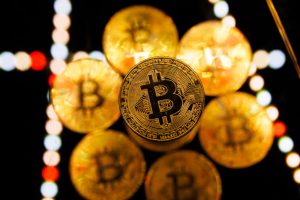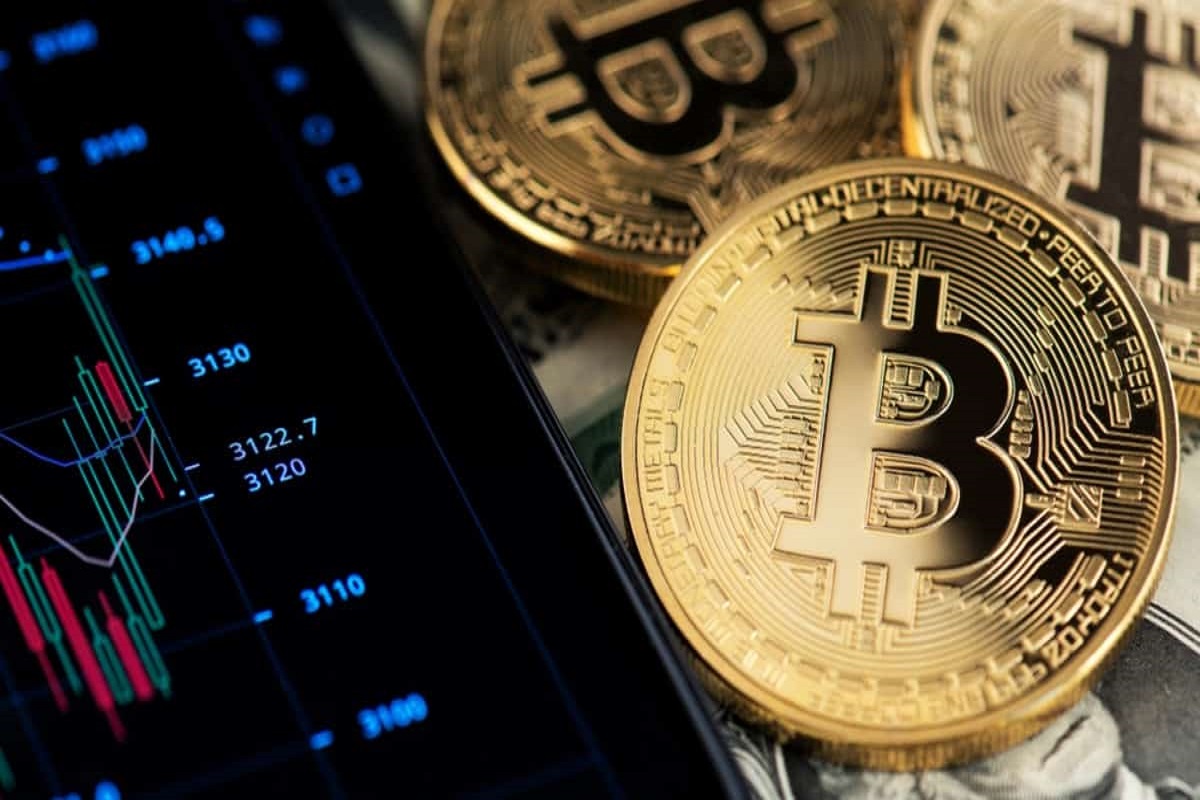The forex market, with its high liquidity and 24/7 trading, attracts a wide array of participants seeking profit opportunities. However, beneath the surface of charts and economic indicators lies a complex interplay of human psychology. In the realm of forex trading, decisions are not solely driven by rational analysis but are profoundly influenced by emotions. Understanding the psychology of risk in forex trading is crucial for traders to navigate the market successfully.
The Role of Emotions in Forex Trading

Emotions play a significant role in shaping trading decisions, often overriding rational judgment. Fear and greed are two primary emotions that drive market movements and individual trading behavior. Fear of losses can lead traders to prematurely exit profitable positions or avoid taking calculated risks, hindering potential gains. Conversely, greed can prompt traders to hold onto losing positions, hoping for a reversal, or to over-leverage their trades, increasing the risk of substantial losses.
Psychological Biases in Forex Trading
Various cognitive biases influence how traders perceive and interpret market information, leading to irrational decision-making. Confirmation bias, where traders seek information that confirms their existing beliefs, can result in overlooking contradictory evidence and making flawed trading decisions. Anchoring bias causes traders to fixate on initial reference points, such as purchase prices, leading them to hold onto losing positions longer than warranted. Loss aversion bias makes traders more sensitive to losses than gains, leading to risk-averse behavior even when the potential rewards outweigh the risks.
The Impact of Emotional States on Trading Performance
Emotional states, such as stress, anxiety, or overconfidence, can significantly impact Trading Decision performance. High levels of stress or anxiety can impair decision-making abilities, leading to impulsive actions or hesitancy in executing trades. Overconfidence can lead traders to underestimate risks and overestimate their ability to predict market movements, resulting in excessive trading or taking on disproportionate risks.
Strategies to Manage Emotional Factors in Forex Trading
Managing emotions is essential for maintaining discipline and executing trading strategies effectively. Developing self-awareness is the first step towards emotional regulation, enabling traders to recognize and mitigate the influence of emotions on their decision-making process. Implementing risk management techniques, such as setting stop-loss orders and position sizing based on predetermined risk-reward ratios, helps limit potential losses and reduce emotional reactions to market fluctuations. Regularly reviewing trading journals and seeking feedback from mentors or peers can provide valuable insights into emotional patterns and areas for improvement.
Comparative Analysis of Emotional Responses in Forex Trading
To better understand the impact of emotions on forex trading decisions, let’s compare the emotional responses of traders in different scenarios:
| Emotional Response | Fearful Trader | Greedy Trader | Disciplined Trader |
|---|---|---|---|
| Market Condition | Volatile market with sudden price fluctuations | Bullish trend with high profit potential | Range-bound market with limited volatility |
| Trading Behavior | Exiting positions prematurely to avoid losses | Over-leveraging trades to maximize profits | Adhering to predefined trading rules and strategies |
| Psychological Impact | Heightened anxiety and hesitancy in decision-making | Overconfidence and disregard for risk management | Emotional detachment and focus on risk mitigation |
| Outcome | Missed opportunities for profitable trades | Exposed to higher risk of significant losses | Consistent performance with controlled risk exposure |
Conclusion
The psychology of risk plays Trading Decision a pivotal role in forex trading, influencing traders’ decisions and market dynamics. Emotions, cognitive biases, and psychological factors can either enhance or undermine trading performance. By understanding and managing the emotional aspects of trading, traders can mitigate risks, improve decision-making, and enhance long-term profitability in the forex market. Embracing discipline, self-awareness, and effective risk management strategies are essential steps towards mastering the psychology of risk in forex trading.




